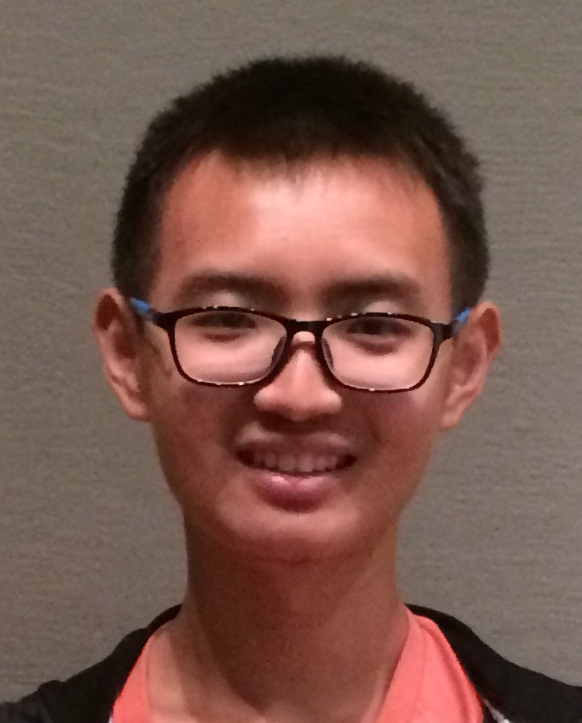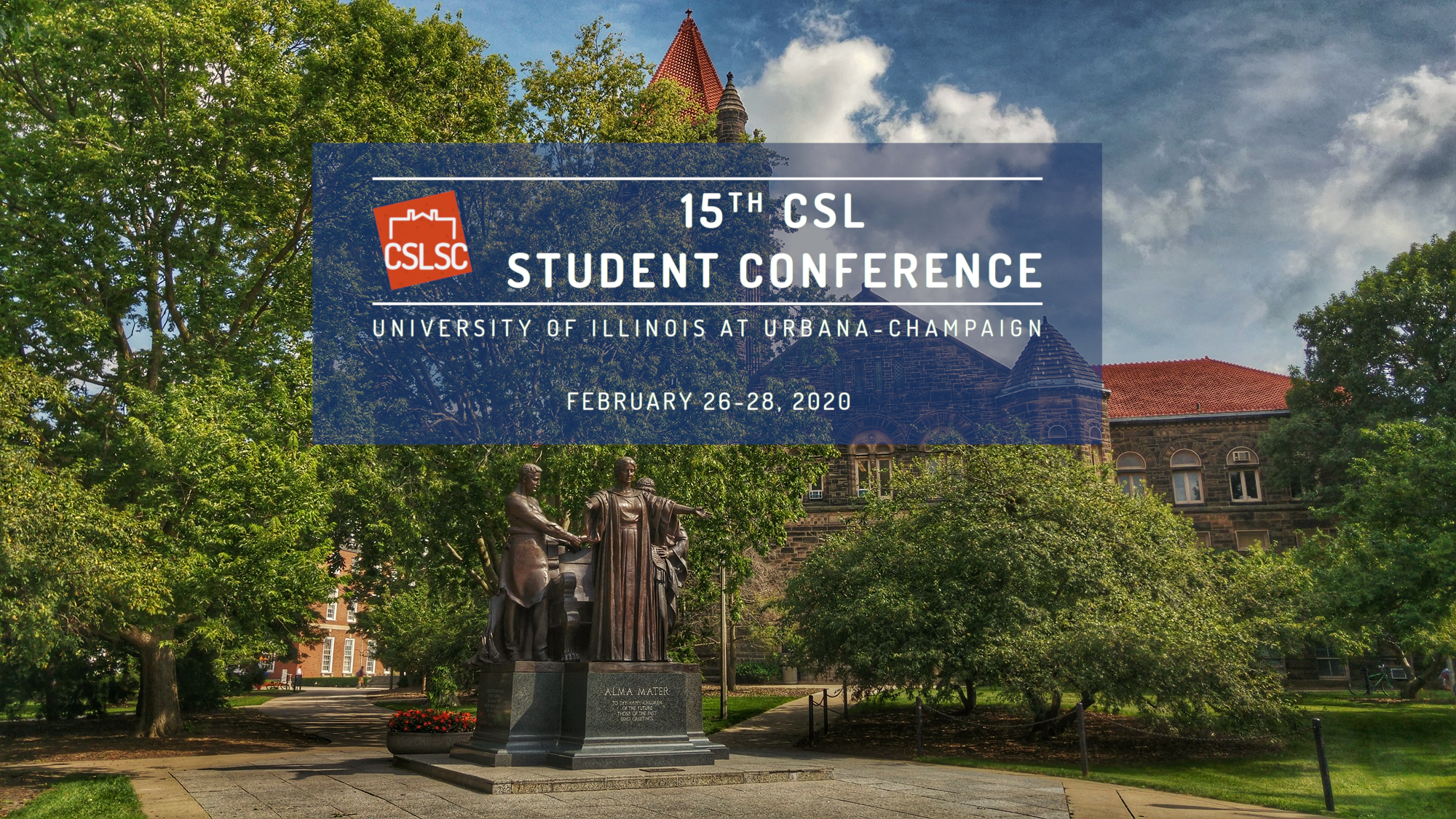Sponsored by Abbvie!
Human body is one of the most complex systems found in nature. Studying it can help us understand the mechanisms behind its proper function and how the functioning is disrupted in disease. The latter is important for designing treatment paradigms. Finally, understanding the human body can inspire the next generation of technologies like brain-to-brain communication, information storage using DNA, and humanoids.
With the growth and availability of biological data, engineering tools are becoming increasingly important to garner insights from the data. These tools range from signal processing and machine learning for modelling, to algorithms and computing systems for decision making. The session will bring together researchers and students to discuss the latest advances in the fields of health data analysis and computational biology, and their application to real world problems in healthcare.
The session focuses on four aspects of understanding the human body and translating the knowledge into clinical practice. First, bioinformatics, which includes gene expression analysis, DNA compression and storage, and pattern recognition for genomics. Second, computational biology, which involves use computational modelling for genomics, metabolomics, neuroscience etc. Third, healthcare, which incorporates the translational aspect of understanding disease propagation, diagnosis using wet labs and medical imaging, treatment, and drug response prediction. Finally, system design for high performance computations, which encompasses the design of customized hardware, parallel algorithms and large-scale parallel systems for biological data workloads.
Keynote Speaker – Dr. Sridevi V. Sarma, JHU Neuromedical Control Systems Lab
Using Smart EEG Analytics to Personalize Treatment for Medically Refractory Epilepsy
Recorded Talk (External Link)
Slides
Abstract:
In this talk, the I will describe a solution, EZTrack, which uses personalized brain network models estimated from EEG data to accurately localize where seizures start in the brain – the epileptogenic zone (EZ). Medications can suppress the EZ, however, over 30% of epilepsy patients are drug-resistant and account for 80% of the total costs to treat epilepsy. For these patients, clinicians can surgically remove the EZ to stop seizures altogether, or electrically stimulate the EZ to suppress seizures. Unfortunately, successful treatment outcomes average 50% success. The problem is that EZ can be very difficult to find. In clear cases, a lesion can be found on an MRI scan and the EZ is determined to be in the vicinity of the lesion. In over 50% of cases, however, MRI scans look normal, forcing clinicians to localize the EZ by recording EEG activity from several brain regions in the patient. A team of clinicians then visually inspect streams of EEG data both on the scalp and inside the brain to localize the EZ. EZTrack is an analysis package that processes EEG data in minutes and delivers heat maps that highlight “fragile” regions highly correlated to the EZ. EZTrack has been validated on a retrospective study consisting of 91 patients and 366 seizure events and demonstrated an increase of 20% over clinicians in predicting treatment outcomes. Importantly, had clinicians been using EZTrack, they would have been warned about misdiagnosis of the EZ and/or misplacement of electrodes and could have changed their treatment plan.

Bio
Dr. Sarma received the B.S. degree in electrical engineering from Cornell University, Ithaca NY, in 1994; and an M.S. and Ph.D. degrees in Electrical Engineering and Computer Science from Massachusetts Institute of Technology in, Cambridge MA, in 1997 and 2006, respectively. From 2000-2003 she took a leave of absence to start a data analytics company. From 2006–2009, she was a Postdoctoral Fellow in the Brain and Cognitive Sciences Department at the Massachusetts Institute of Technology, Cambridge. She is now an associate professor in the Institute for Computational Medicine, Department of Biomedical Engineering, at Johns Hopkins University, Baltimore MD. Her research interests include modeling, estimation and control of neural systems using electrical stimulation. She is a recipient of the GE faculty for the future scholarship, a National Science Foundation graduate research fellow, a L’Oréal For Women in Science fellow, the Burroughs Wellcome Fund Careers at the Scientific Interface Award, the Krishna Kumar New Investigator Award from the North American Neuromodulation Society, and a recipient of the Presidential Early Career Award for Scientists and Engineers (PECASE) and the Whiting School of Engineering Robert B. P.
Student Speakers
 |
Grant Greenberg, UofI The Metagenomic Binning Problem: Clustering Markov Sequences (Technical Session Award) |
||
 |
Invited Speaker – Anirudh Choudhary, GATech Clinical Decision Making under Uncertainty: A Bootstrapped Counterfactual Inference Approach |
||
 |
Tarun Mahajan, UofI Internetwork connectivity of molecular networks across species of life |
||
 |
Mona Zehni, UofI Deep-learning based 3D map sharpening in cryo-electron microscopy |
||

|
Qingxi Meng, UofI Framework for querying genome annotation files in a compressed form |
||
Contact
For additional details, feel free to contact the session chair, Krishnakant Saboo.

